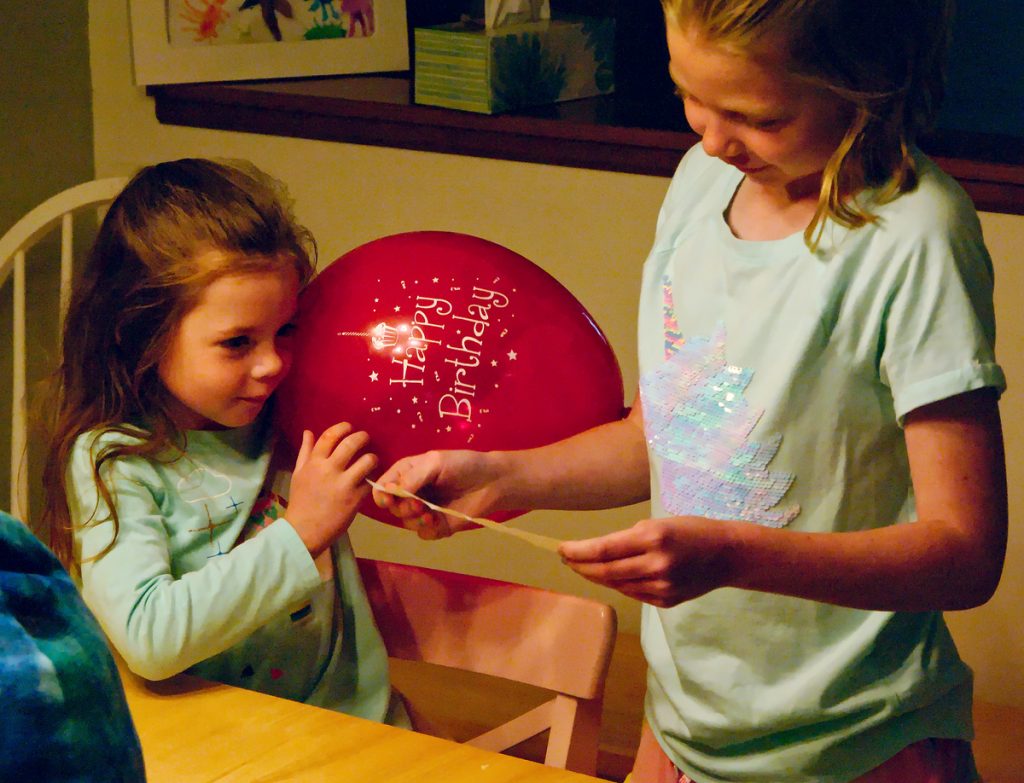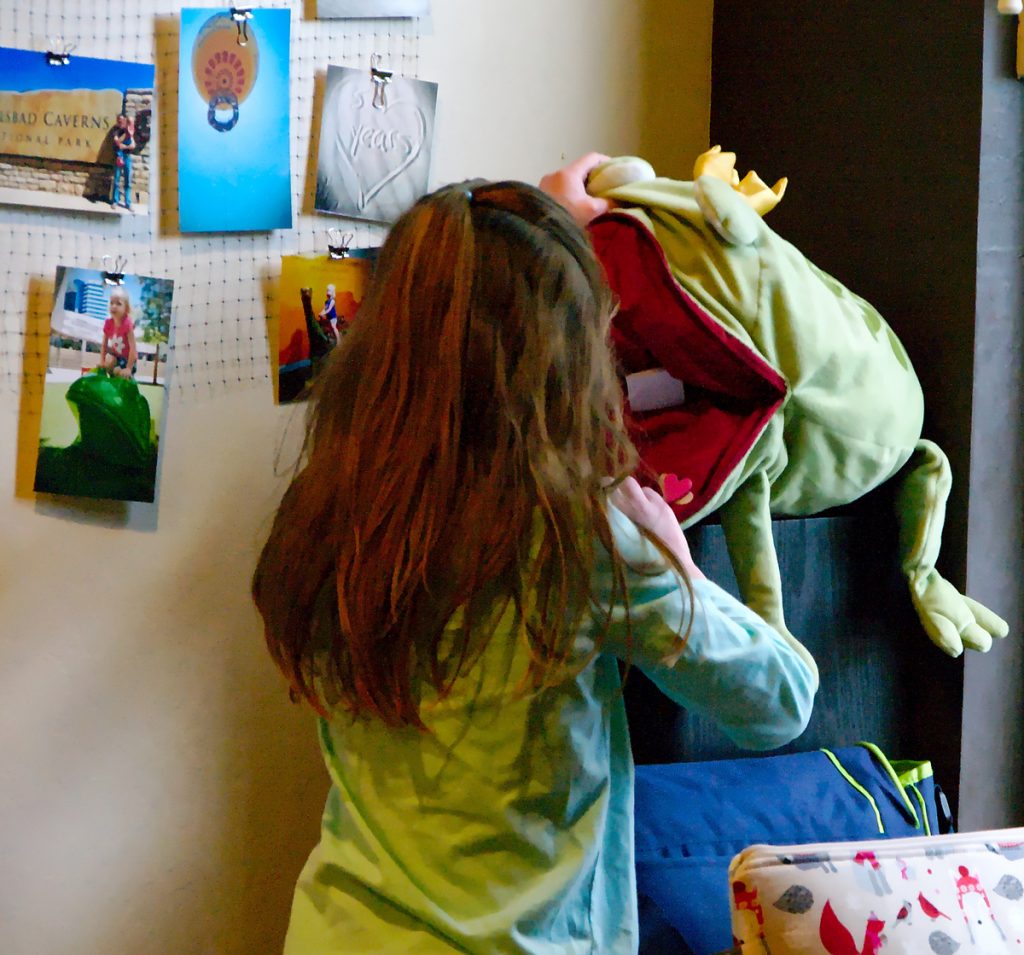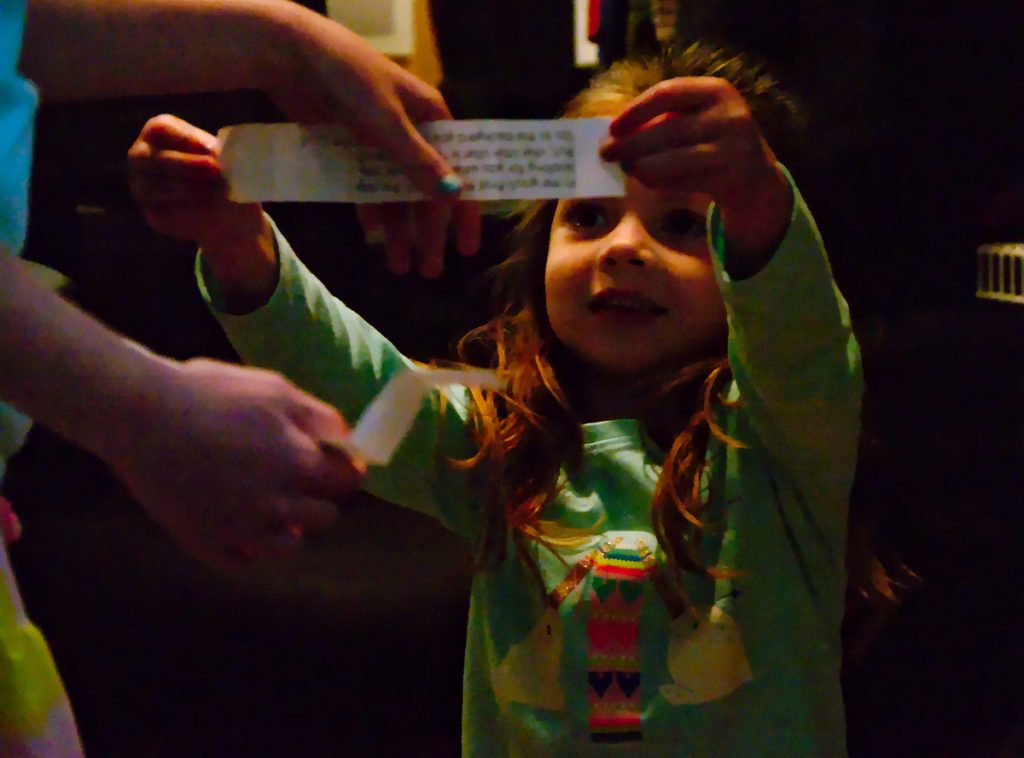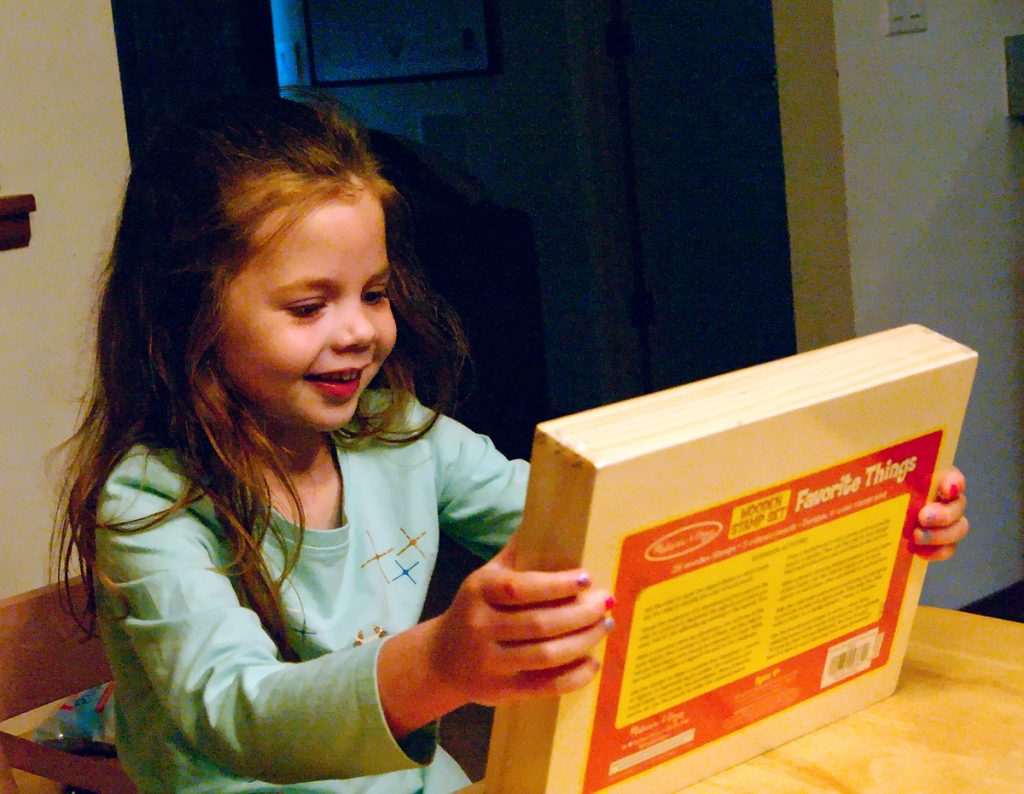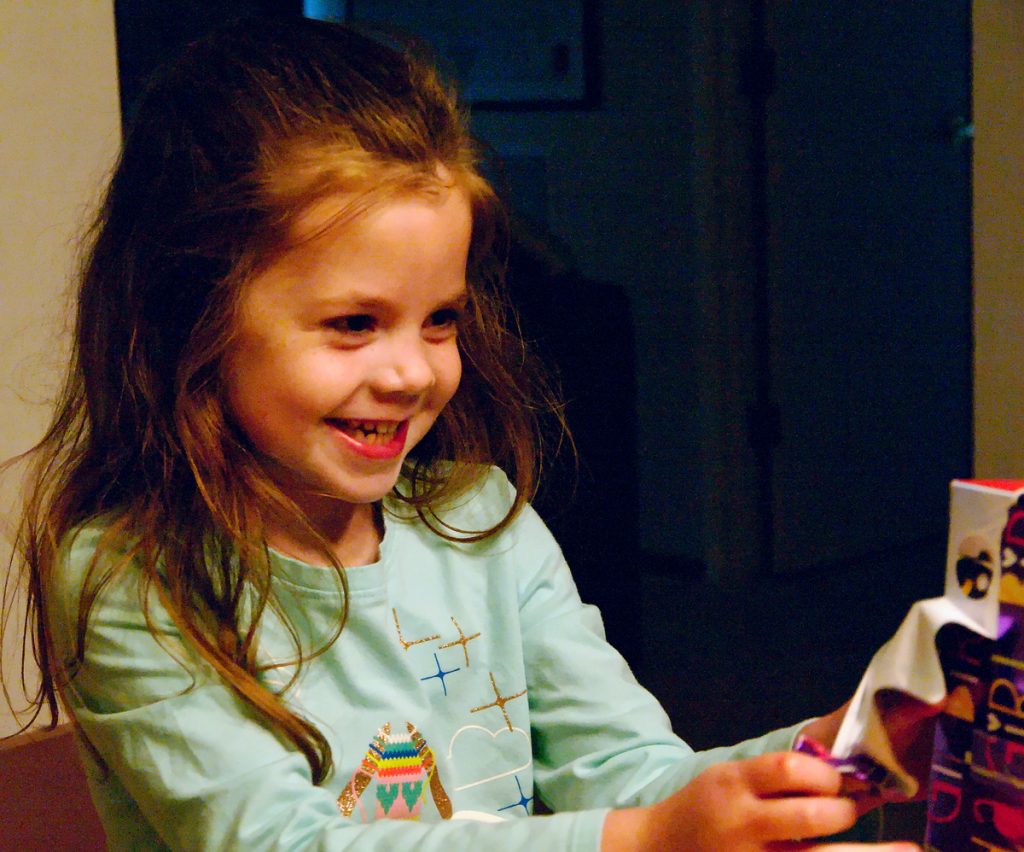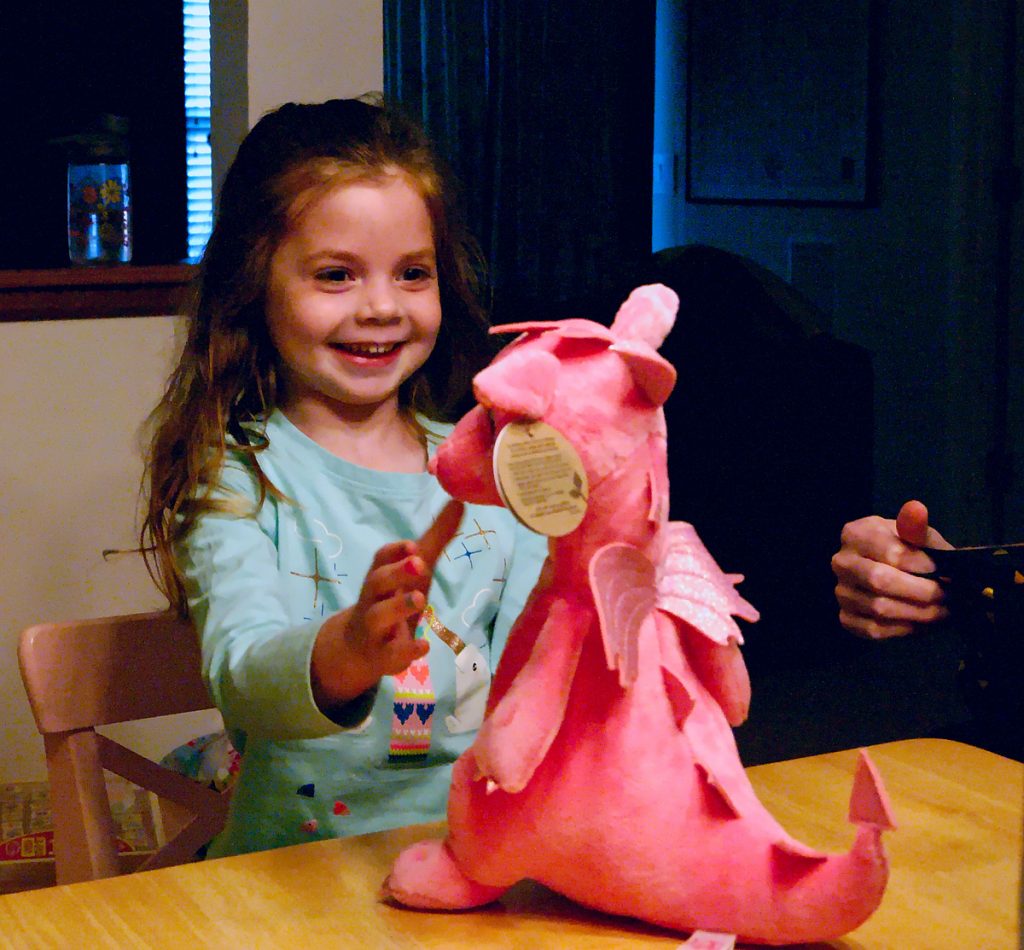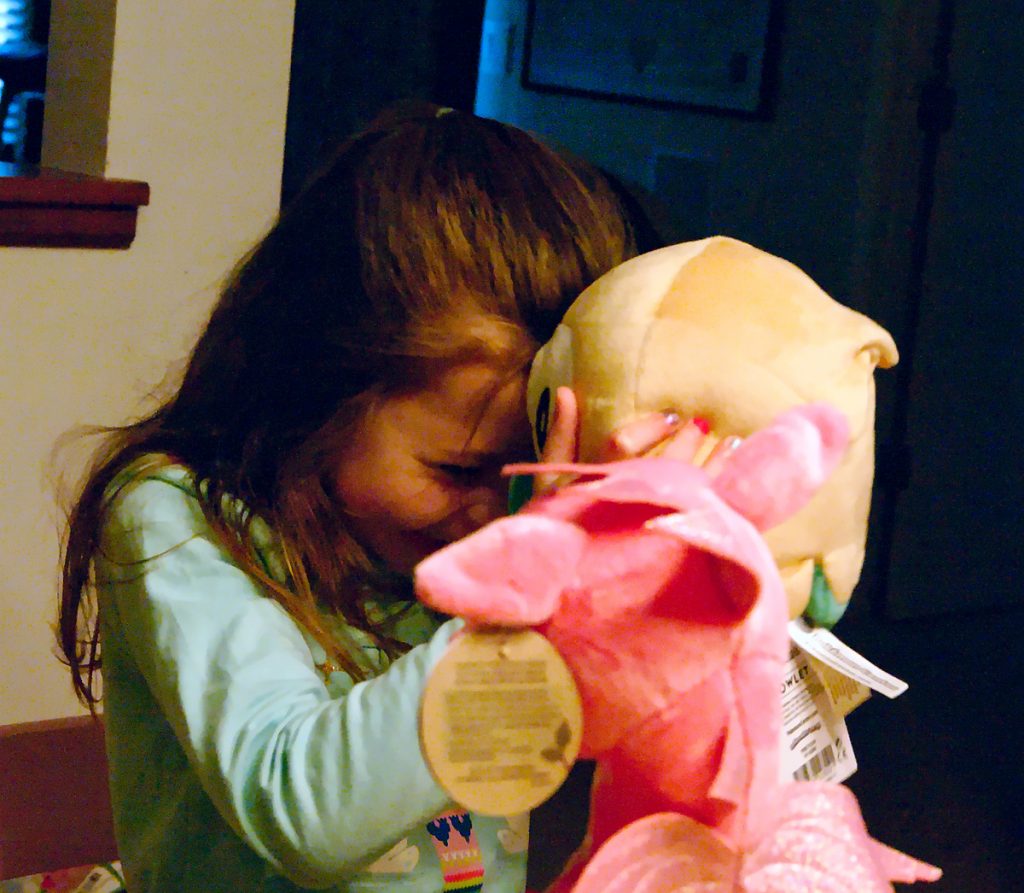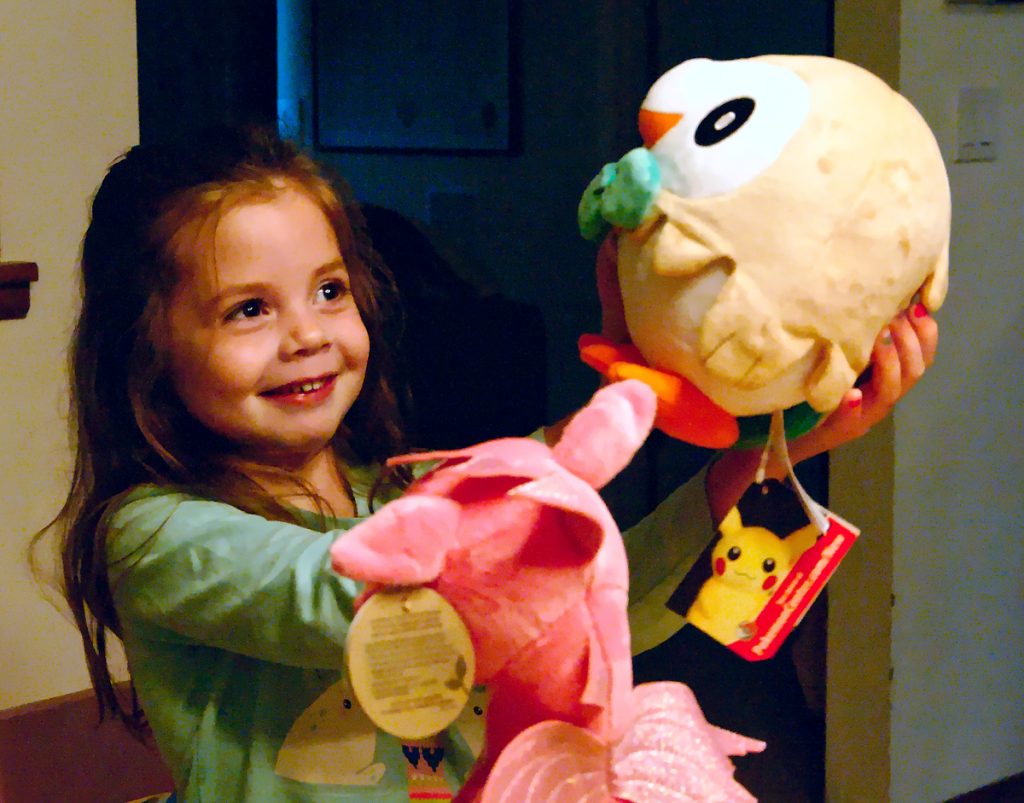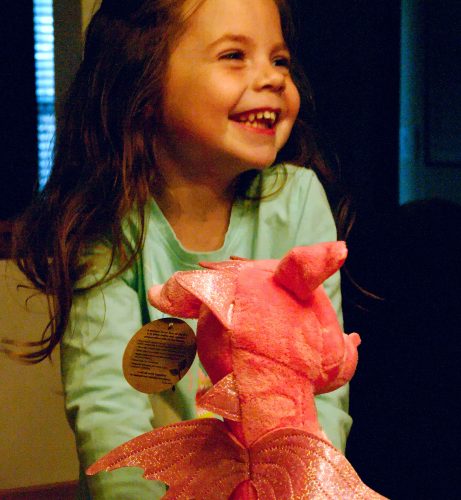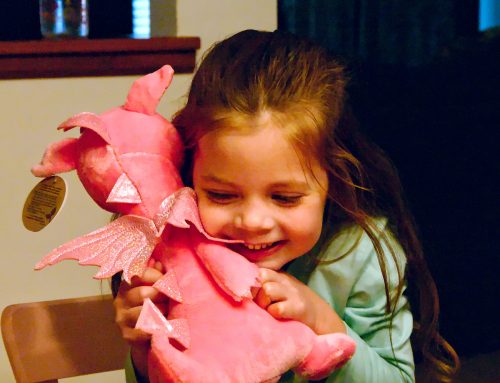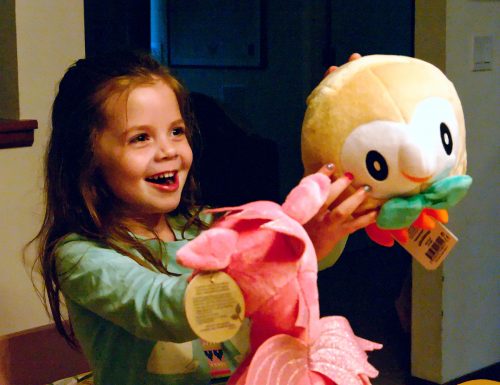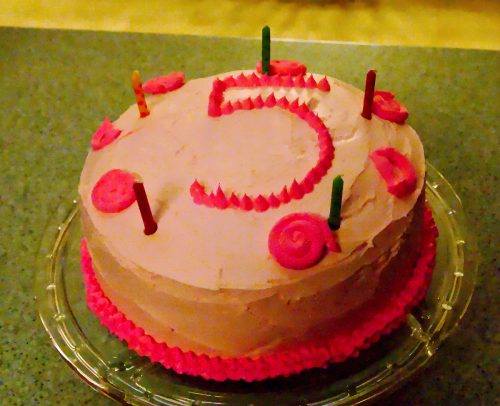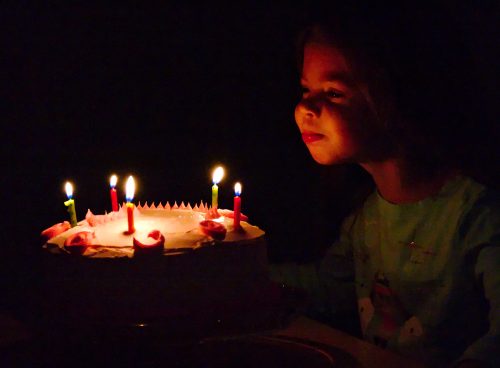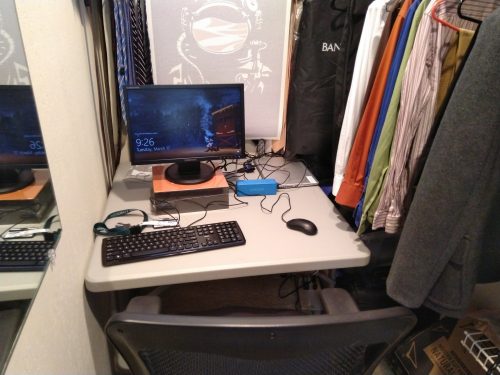Changes from the last day or so:
- Australia and New Zealand have closed their borders
- China reports no new domestic cases
- Italy’s fatality count surpasses China’s
- For the first day in quite some time (at least it feels that way) the stock market stayed relatively stable throughout the day. The DJIA closed up 0.95% rather than the 5+% swings we’ve been seeing.
Overall today has been a calmer day. Fewer dramatic events in the news. Hopefully the situation essentially stabilizes (at least in terms of sweeping changes, the case count is going to keep climbing quite rapidly as testing rolls out).
The daughter of some of our friends is symptomatic, but won’t receive a COVID-19 test because there aren’t enough tests so she doesn’t meet the strict testing criteria (known contact with a positively-tested patient, dangerously symptomatic with no other known cause, or symptomatic and in high-risk group). It may just be a cold or the flu, or a million other things, but without testing one doesn’t know–which is stressful to their family. Jess, Heather, and Corinne interacted with them at the library last Thursday, so it’s also a tiny bit stressful for us.
I’m trying to keep a consistent routine to provide some structure to my own days. My alarm still goes off at 7. I get up and eat breakfast then take a shower and get dressed. I check in on work and take care of anything that my team is waiting on from me to keep them moving. Then I take a walk.
Since I’m not driving in to work I don’t have commute time to keep up with the two daily podcasts I listen to. So a walk gives me a chance to stretch my legs, get out of the house, and catch up on podcasts. Then it’s back to work until lunch. After lunch is more work until the end of the day.
Once I’m “home” it’s time to try to help entertain Heather and Corinne and figure out dinner. Dinner and bedtime for the girls. Then a couple of hours of reading, TV, or games mixed with some time on the stationary bike or some sit-ups/pushups/other exercise.
I ran across this meme yesterday which describes my life well:
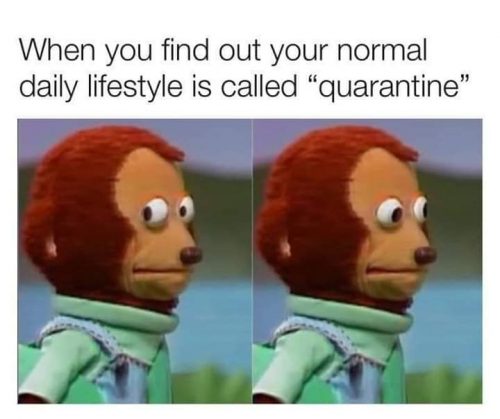
Aside from working from my closet and going for a walk my daily routine is pretty much the same.
Yesterday’s post covered “flattening the curve.” The action to reach this goal is “social distancing.” Minimize physical interactions as much as possible. If you can’t avoid people, keep a 6-foot minimum distance. In practice this means when I go out for a walk and meet someone coming the opposite direction on the sidewalk one of us steps out into the street so we can pass by each other without getting too close. It’s….odd.
Back on March 3 (2 days before the Lab announcement about a presumed case on site) we had my friend Thomas over for an evening. We played the board game Pandemic. We lost. Badly. I’m not taking that as a sign on how things are going in reality.

And what’s a pandemic without a little stress eating. We have cake from Corinne’s birthday, of course. Last week I made brownies. For Pi Day I made a cream-cheese pie, and last night I made brownie pudding.
And now for something less exhausting. I decided I’ll try to take one picture during each of my daily walks that brings some calm. Today’s entry is this fairy house on our neighbor’s tree:

